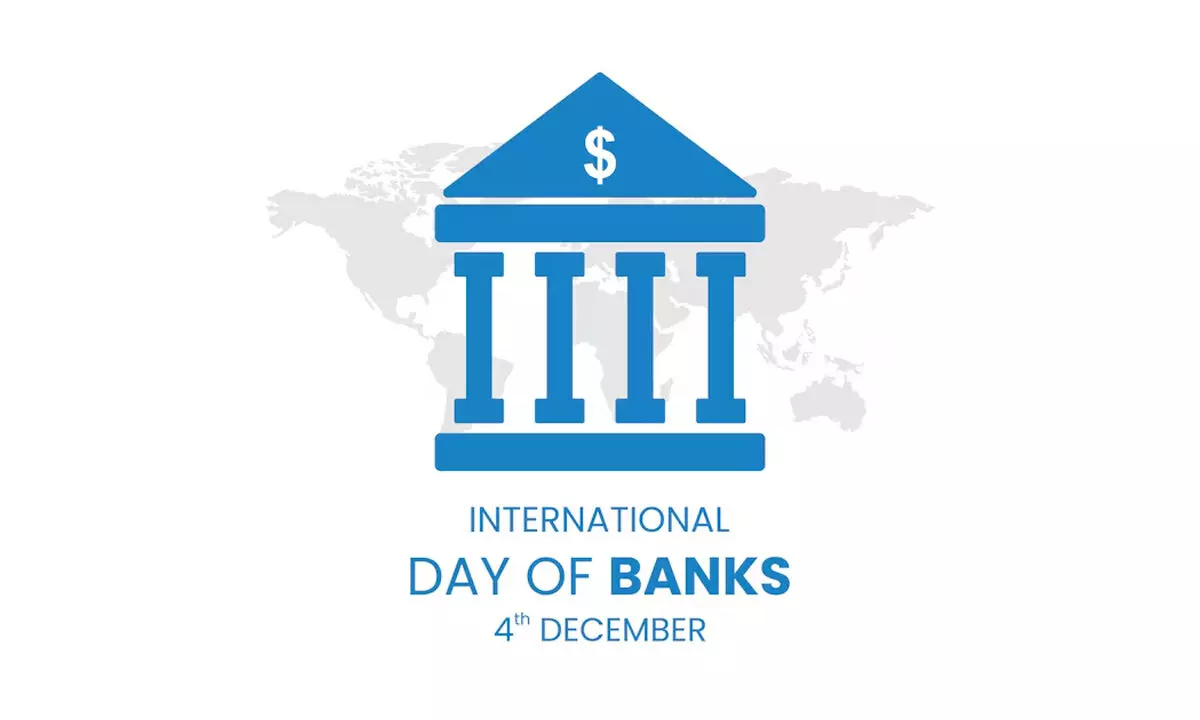International Bank Day 2024: Empowering sustainable growth through finance

Learn how International Bank Day celebrates the role of financial institutions in promoting sustainable development, economic growth and global well-being
International Bank Day, celebrated annually on 4 December, highlights the fundamental contributions of the banking sector to sustainable global development. The day commemorates the adoption of United Nations General Assembly resolution 74/245 on 19 December 2019, which recognised the importance of financial systems in promoting global progress.
This celebration emphasises the contributions of entities such as multilateral development banks, international financial institutions and national banking systems to address economic inequalities, improve living standards and finance transformative projects.
2024 Theme: Empowering Sustainable Development through Finance
The theme for International Bank Day 2024 is “Empowering Sustainable Development through Finance.” International Bank Day focuses on the critical role played by financial institutions in achieving the United Nations 2030 Agenda for Sustainable Development. The theme encourages efforts to eliminate poverty, reduce inequality and combat climate change through innovative financial strategies.
Historical Significance and Global Impact
The establishment of International Bank Day reflects the recognition of the vital role of the banking sector in fostering economic stability and sustainable growth.
Historically, financial institutions have played a key role in financing large-scale infrastructure projects, energy efficiency solutions and social services. Their support has been crucial in closing the financing gaps needed to achieve the Sustainable Development Goals (SDGs).
Banks' contributions to the SDGs
Banks contribute significantly to sustainable development in areas such as:
Economic growth (SDG 8): Facilitating job creation and promoting economic development.
Innovation and infrastructure (SDG 9): Supporting businesses and fostering technological advances.
Reducing inequality (SDG 10): Ensuring financial inclusion and equal access to resources.
Global partnerships (SDG 17): Collaborating with diverse stakeholders to achieve shared goals.
Development banks also play a critical role during economic crises by providing essential financing when private sector resources are insufficient.
Promoting financial innovation
Financial institutions also drive innovation by offering credit and support to small businesses, thereby boosting entrepreneurship and economic resilience.
Inspirational quotes on banking and development
Bill Gates: “Banking is necessary, banks are not.”
Christine Lagarde: “We must ensure that we have a financial system that serves everyone.”
Ajay Banga: “Innovation is not just about having a good idea. It is about executing that idea and creating value for customers and society.”
Steve Jobs: “Innovation is the ability to see change as an opportunity, not a threat.”
Principles for Responsible Banking
The Principles for Responsible Banking developed under the United Nations Environment Programme Finance Initiative (UNEP FI) outline six commitments for banks to support sustainable development:
Alignment: Integrate business strategies with the SDGs and global agreements such as the Paris Climate Agreement.
Impact: Assess and manage the environmental and social impacts of banking activities.
Customers: Offer financial products that foster sustainable growth.
Stakeholders: Foster transparency and accountability through regular engagement.
Governance and Culture: Integrate sustainability into corporate governance and organizational practices.
Collaboration: Partner with stakeholders to accelerate sustainable finance initiatives.
By adhering to these principles, banks can act as catalysts for achieving global sustainability goals.
Conclusion:
International Bank Day serves as a reminder of the transformative potential of the banking sector to build a sustainable and equitable future. Through innovation, collaboration and responsible practices, financial institutions continue to shape a more inclusive and resilient world.









